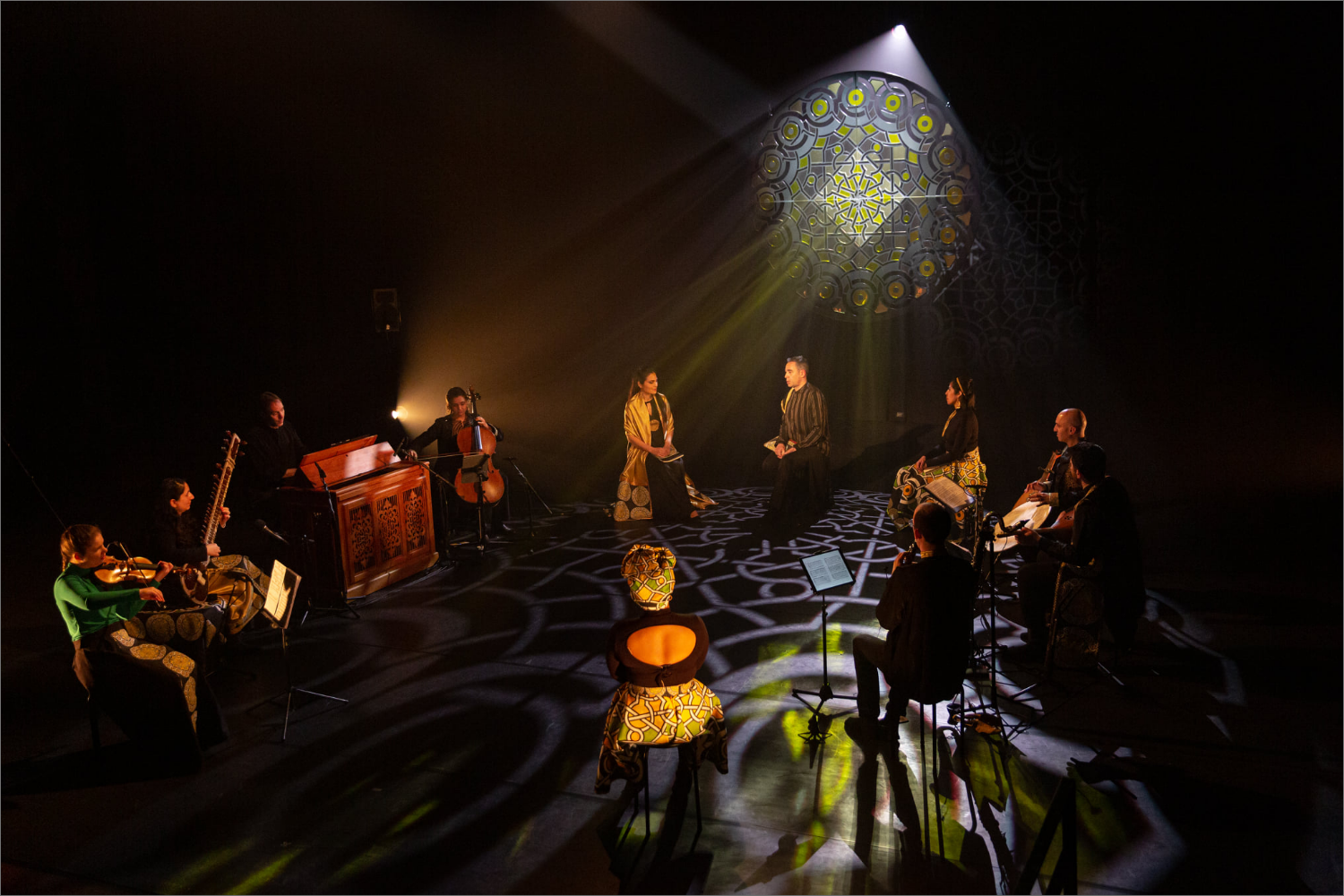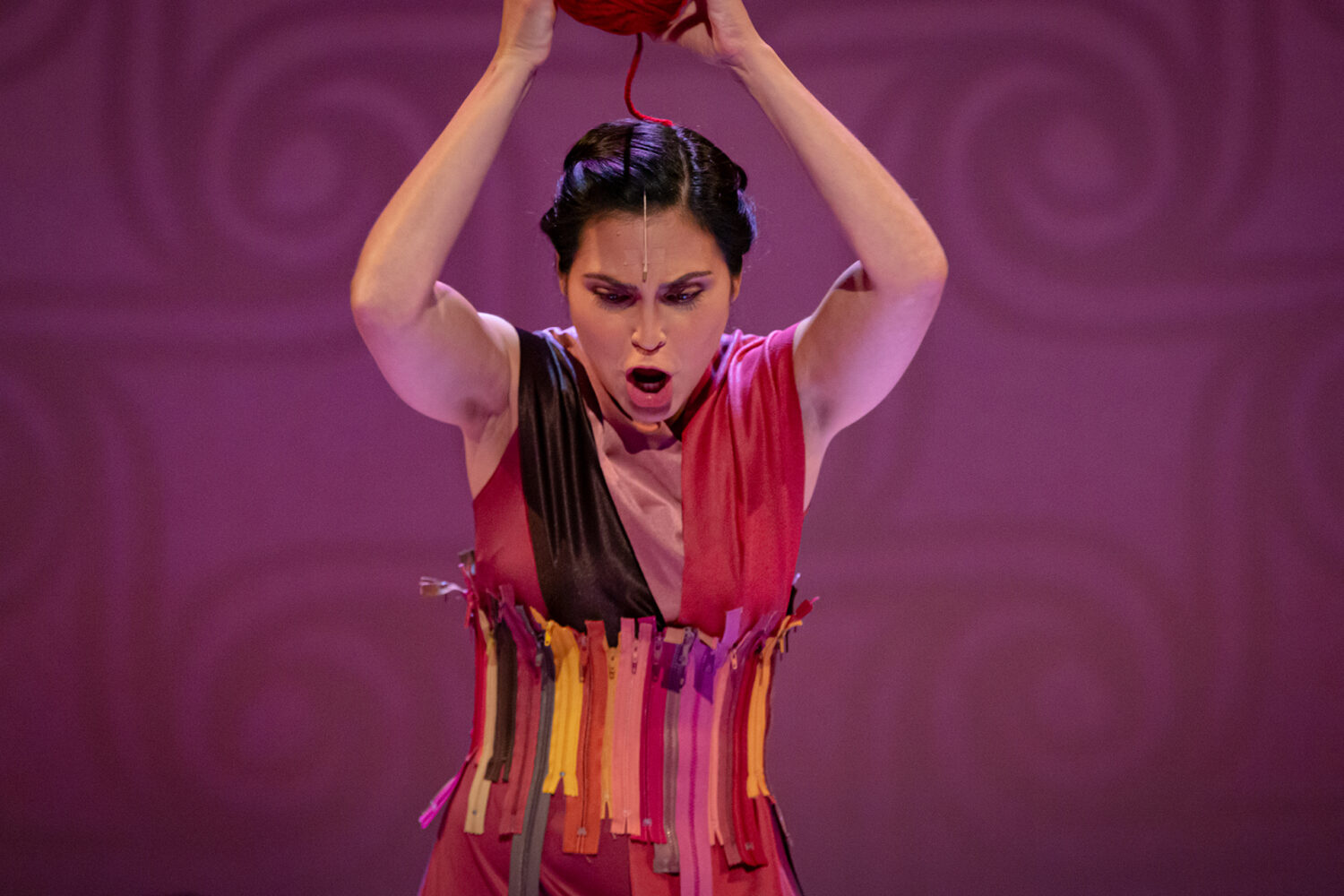
What we believe in
Opera is powerful art-form that can connect cultures. The combination of song, dance, music and stories is universal and has ancient roots. The earliest forms of theater, worldwide, resemble opera rather than today's text-theater. These age-old roots can still be found in the opera repertoire.
Many stories in the opera repertoire have a mythological origin, with archetypes and themes that are found across the globe. The journey to the underworld, as in Orfeo, can be found in many cultures. In the Middle East, this journey was a symbol of the harvest and renewal of nature, like Inanna's journey to the underworld. By connecting these ancient stories, new perspectives emerge.
Many of the beloved classical operas are set outside Europe; in the Middle East and Asia. 'The Pearl Fishers' is set in Sri Lanka and 'Die Zauberflöte' is based on Persian spirituality. Wagner was inspired by Indian and Persian philosophy for his masterpiece 'Der Ring'. In World Opera Lab productions, these influences on the opera canon are highlighted and the canon is placed in a global perspective.
The artistic dialogue is the heart of the work. WOL's productions are performed by musicians and singers from different artistic traditions. In addition, composers create new scores and weave musical cultures into their work in interesting ways. The interweaving of styles is not limited to text and music, it is also implemented in the staging, movement styles and design.
An important distinguishing element in the work of World Opera Lab is the use of the same working methodology in different projects. This supports the creative and equal dialogue between artistic traditions. Through the consistent use of a methodology, the insights from the different productions can be compared with each other. This provides insight into developments in cross-cultural relationships over a longer period of time and insights can be taken into future productions. The methodology also provides a basis for collaborations with communities and activists. Cultural representation is essential in the work of World Opera Lab. Singers and musicians contribute material for performances.
The preservation of cultural heritage is essential to the work of World Opera Lab. The productions can play an important role in protecting traditional forms of musical drama.
By reconstructing the opera repertoire from a global perspective, new stories and new insights emerge.
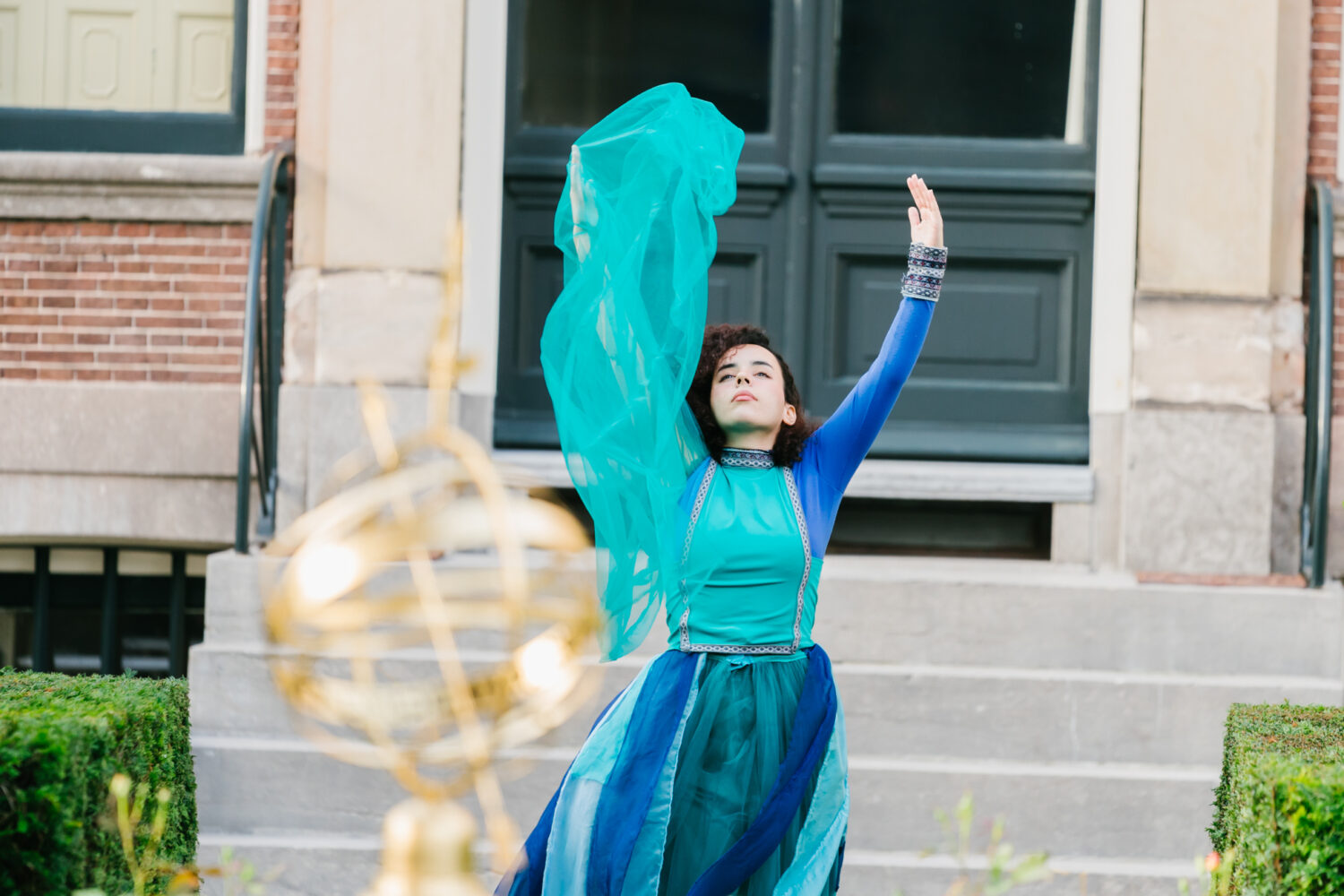
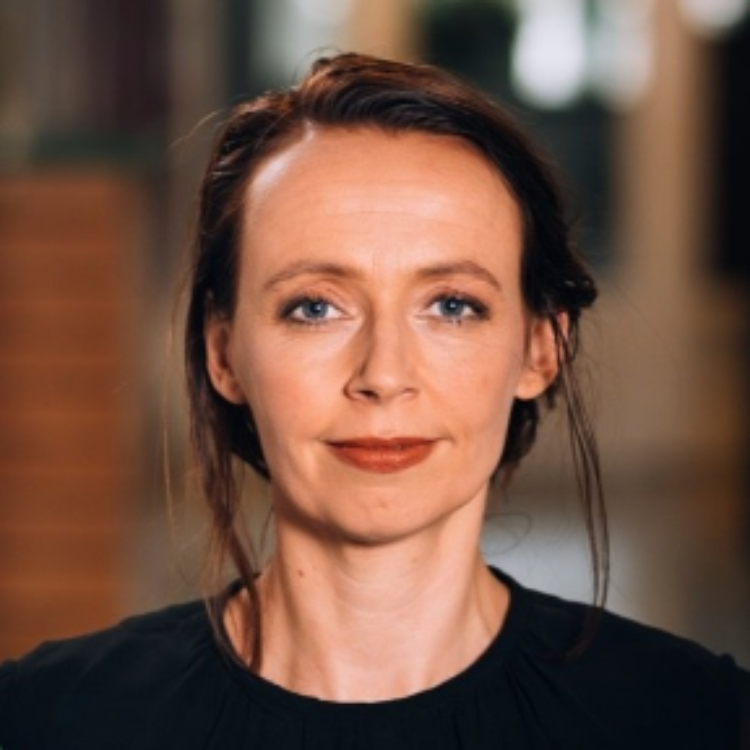 Miranda Lakerveld
Miranda Lakerveld 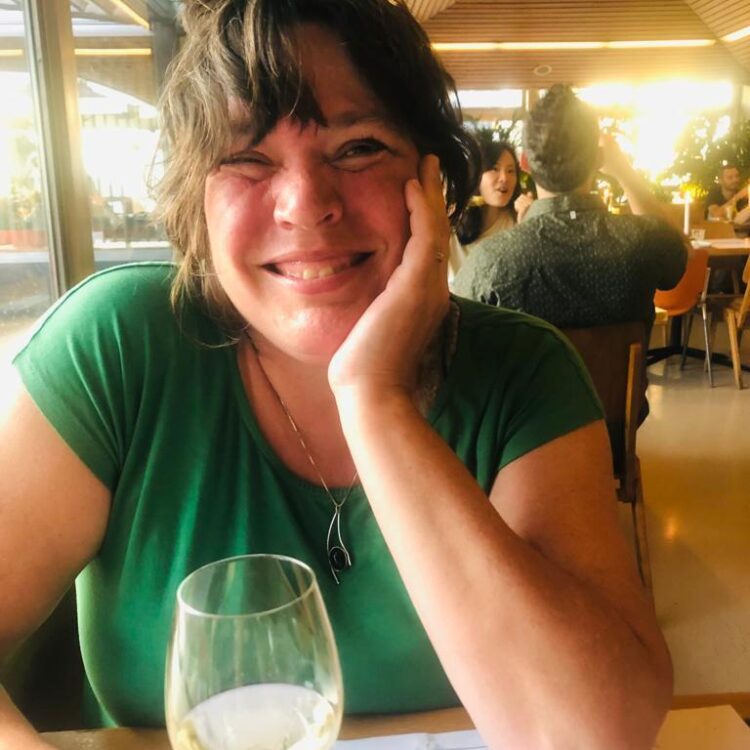 Ciska van Beek
Ciska van Beek 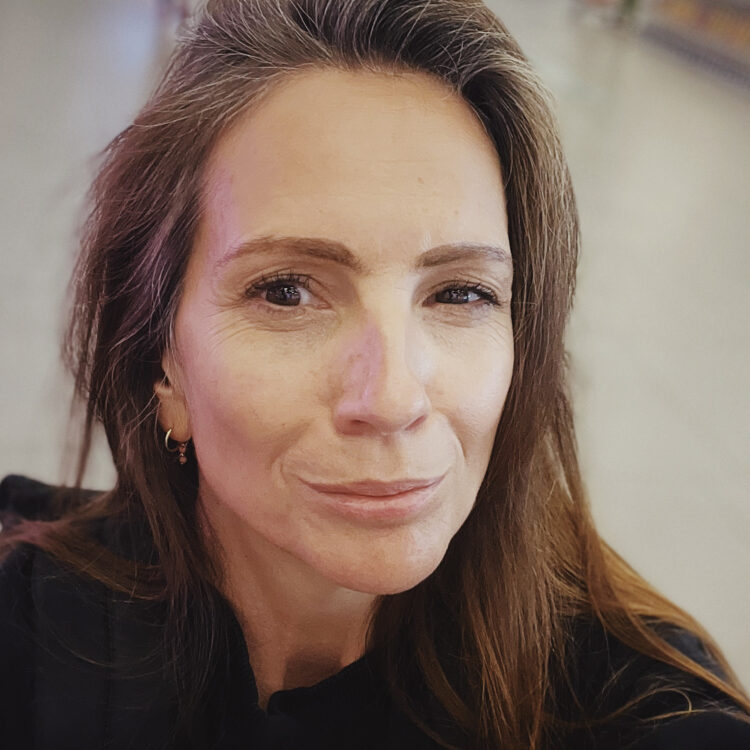 Marijke De Schepper
Marijke De Schepper 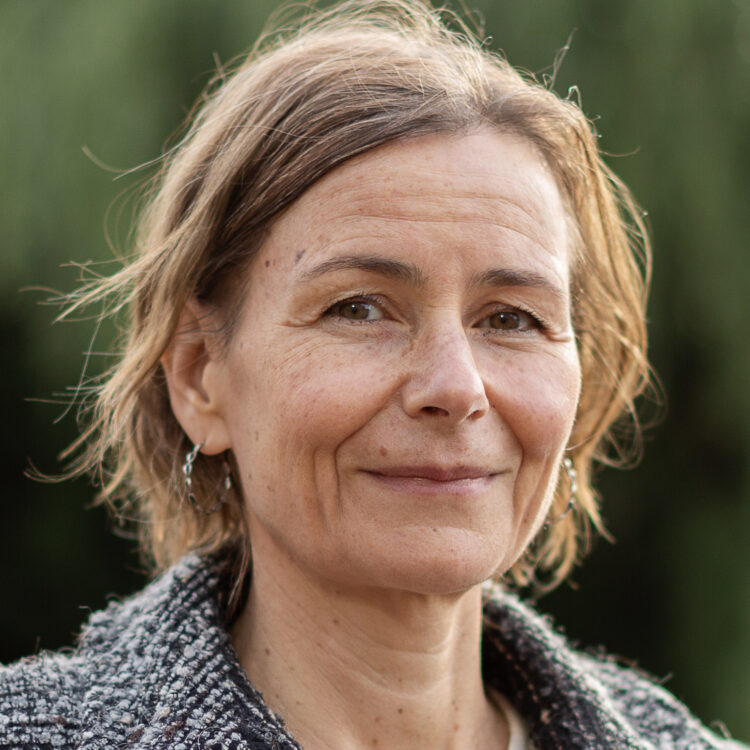 Sylva van Rosse
Sylva van Rosse 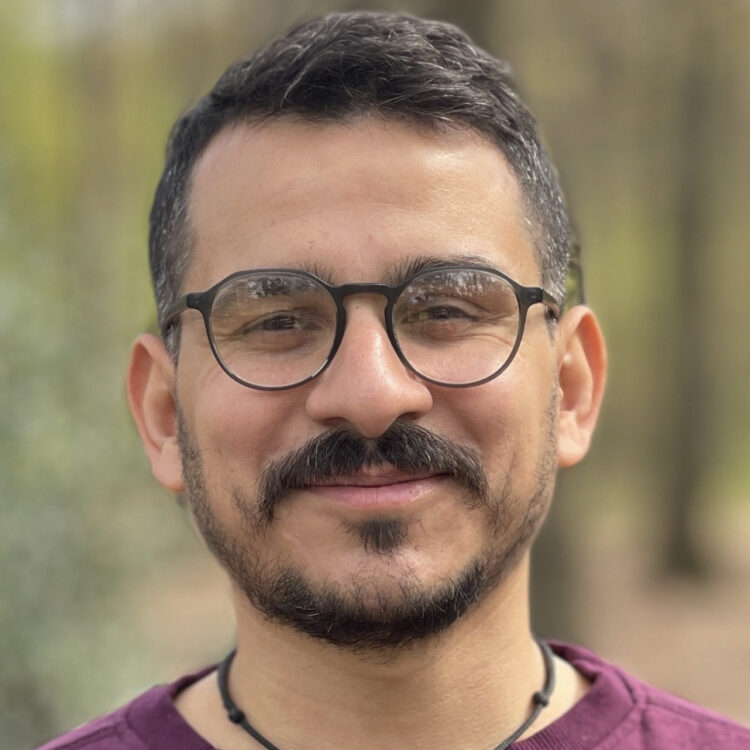 Salman Khairalla
Salman Khairalla 